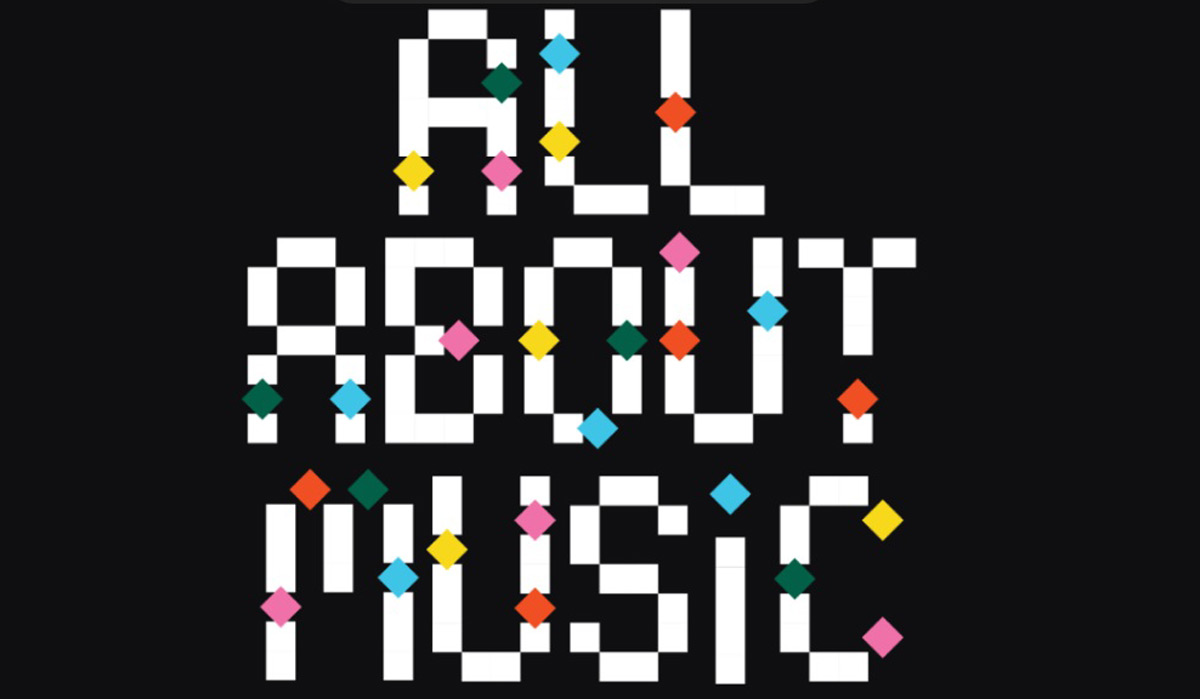Day 1 of the eighth edition of All About Music (AAM) conference, held in Mumbai, focused on the future of the music industry and how stakeholders in the music industry can leverage the existing opportunities.
A panel discussion, attended by music composer A.R. Rahman and American record producer Alan Meyerson, deliberated on how immersive music can be made more accessible to musicians across the globe. The duo spoke about their experiences in producing immersive music and the various stages involved in the process.
One of the problems faced by the music industry is the expenses involved in creating immersive music as it requires high-end studios. This limits the possibility of more people coming up with such music. The discussion highlighted the need for a virtual technological means to produce immersive music.
Rahman also spoke about the role of education through platforms such as YouTube and Tidal to facilitate the democratisation of access to immersive music creation.
AI and music
While there are many players trying to use generative AI (artificial intelligence) for making music, YouTube Music is making a strong case for itself with respect to why it could potentially dominate this area.
According to Paul Smith, director, YouTube Music - YouTube APAC, using generative AI makes the process of music production quite creative.
YouTube is currently undertaking two AI-related music experiments, namely, Music AI tools and Dream Track. With Music AI tools, users can hum a tune into the microphone, and get this into an instrument of the users’ choice. This could exponentially increase the number of individuals involved in creating music. The other experiment is Dream Track for YouTube shorts. Using Dream Track, one can generate 30-second audio clips replicating the style of famous musical artists who have partnered with YouTube, based on prompts that are given. All tracks that are AI-generated will have a “Synth ID”, which identifies AI-generated content.
Closing the gap
For long, musicians and the platforms that feature their work have had a relatively disconnected relationship. The panel discussion titled, 'Harmonizing the Future - Evolving Relationships Between Music Creators and Platforms' was focused on this issue as well as steps that have been taken by companies to solve this.
Moderated by Sushant Yattam, senior VP, Qyuki Digital Media, the session highlighted the importance of how music streaming platforms need to identify effective methods to reach out to artists.
According to Sunder Venketraman, head of content, Creator and Monetisation - Josh, the success of the Indian music industry lies in the “vernacular”. By getting artists and creators to produce content in their own languages, there would be a significant influx of individuals using music platforms, and more importantly, there is already a large audience for the same.
Technology has helped close the gap between platforms and music creators. Edwin Albert - Head of Content & Partnerships - Airtel Digital said, “Technology has helped platforms identify what sounds (or songs) work.” He said this in reference to how Telugu is the second most listened to language on the Wynk platform.
Keeping the creator’s perspective in mind, singer-songwriter Justh spoke primarily about the need for the creator to be authentic and added that the content form does not have an influence over a musical piece’s success, that is, its resonance with audiences.



